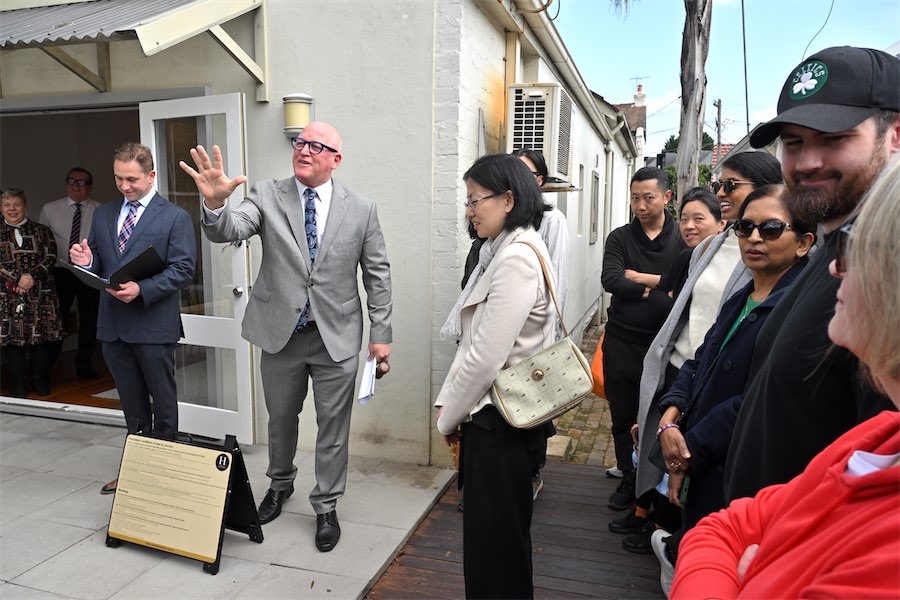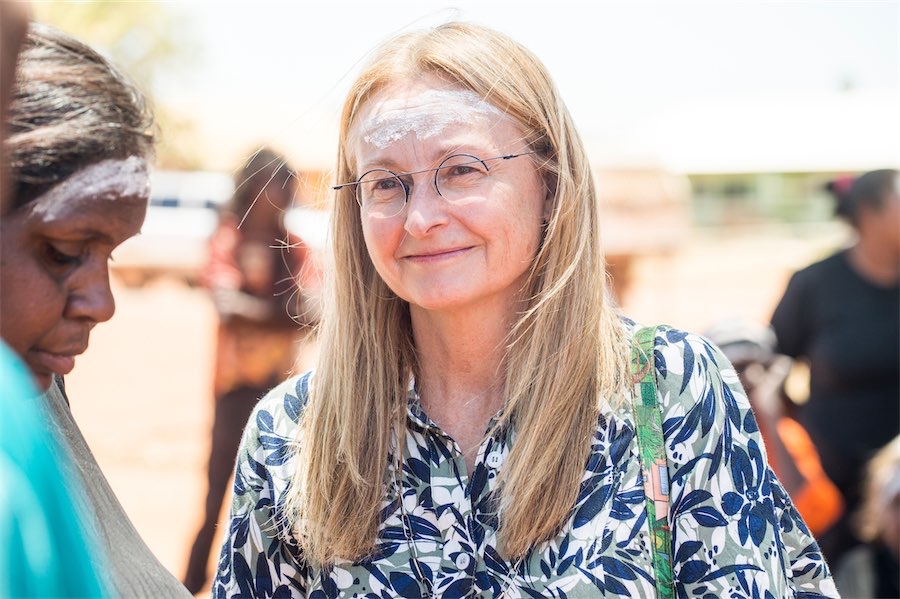
By Jacob Shteyman in Canberra
Allowing first home buyers to use their super to purchase a home would be “one of the worst policy decisions of the last six decades”, warns an economist who fears policies from both sides of politics would make the housing crisis worse.
Housing in Australia is the least affordable it has been in living memory, leading the government and coalition to propose new schemes to give first home buyers a leg up.
But economist Saul Eslake says the opposition’s Super Home Buyer scheme would be “a thoroughly bad idea”.
“We have 60 years of history that tells us unequivocally and unambiguously that anything that allows Australians to spend more on housing than they otherwise would results in more expensive housing, not in higher home owner rates,” he told AAP.
In a report for the Super Members Council released on Thursday, Mr Eslake says allowing Australians to raid their superannuation accounts to buy a home would also make it harder for low-income earners to own a home, reduce retirement incomes and lead to significant long-term budget costs.
A Parliamentary Budget Office report ordered by the coalition found it would save $1.8 billion from the budget by 2034-35 by reducing the cost of Commonwealth Assistance.
But Mr Eslake said this was misleading as the PBO was unable to take into account that the policy would result in less tax gained from super and higher payments to the aged pension.
He put it up there with some of the “dumbest” policy decisions of his lifetime, including John Howard’s raising of the capital gains discount to 50 per cent in 1999.
The deleterious effects it would have can be seen in the real world too.
A similar scheme was introduced in NZ 17 years ago. Since then, home ownership rates have declined 2.1 per cent overall and 5.7 per cent for people in their early 30s.
“Advice given by New Zealand’s Treasury said the benefit of KiwiSaver would go to sellers in a supply-constrained market and that’s exactly what has occurred,” Mr Eslake said.
Liberal home ownership spokesman Andrew Bragg defended the policy, saying it wouldn’t actually make much of a difference.
“Independent economists including Peter Tulip and Cameron Murray have highlighted how super for housing would have a minuscule impact,” he said.
Mr Bragg noted owning your own home is a key determinant to financial success in retirement and would help participants get out of the rental market, which lowers financial security.
But Mr Eslake said instead of boosting demand, governments should focus on increasing the supply of housing.
He also criticised Labor’s Help to Buy scheme, which allows first home buyers access to cheaper deposits through shared equity and would also increase house prices by fuelling demand.
Mr Eslake did back the government’s Build to Rent bill, which would increase the supply of rentals by removing tax constraints for institutional investors.
Prime Albanese Anthony Albanese has acknowledged increasing supply is key to improving housing affordability.
On Thursday, he will tour the site of Queensland’s biggest-ever social and affordable housing project, which he says will complement the government’s plan to build thousands of homes through the Housing Australia Future Fund.
Who can be trusted?
In a world of spin and confusion, there’s never been a more important time to support independent journalism in Canberra.
If you trust our work online and want to enforce the power of independent voices, I invite you to make a small contribution.
Every dollar of support is invested back into our journalism to help keep citynews.com.au strong and free.
Thank you,
Ian Meikle, editor





Leave a Reply